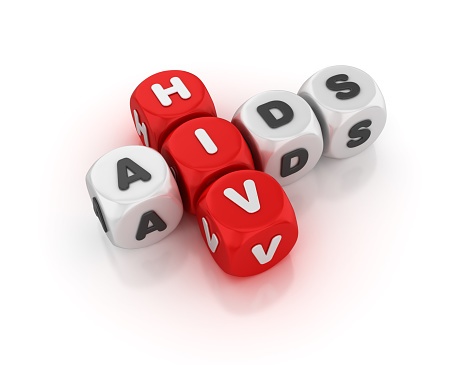In a report published in BMC Public Health, researchers examined comfort levels for distributing or receiving human immunodeficiency virus (HIV) self-testing kits from close male friends and relatives among men living in Tanzania. The study’s lead author, Joseph K. B. Matovu, MHS, PhD, reported that nearly seven out of 10 men were comfortable distributing and receiving self-test kits from close friends in their social network, which are locally referred to as “camps” in Tanzania.
Dr. Matovu expanded that “having ever heard about HIV self-testing, willingness to self-test in front of one’s sexual partner, and exposure to peer-led HIV self-testing education and promotion,” were significantly associated with comfort to offer or accept testing kits.
According to the report, these results provided evidence that HIV testing rates and proportion of men reached with HIV self-testing services might be improved by employing social network-based distribution of kits in these populations where HIV testing remains low.
The study enrolled 505 participants who were HIV-negative from 18 “camps” in Tanzania. The researchers used Generalized Estimating Equations to evaluate factors that influenced participants’ comfort in distributing or receiving HIV self-test kits.
Of the 505 participants, 342 (67.9%) said they would be comfortable with distributing, and 344 (68.2%) said they would be comfortable receiving kits from their close male friends. The factors that were most significantly associated with comfort in distributing kits were individuals’ having heard about HIV self-testing (adjusted prevalence ratio [PR] = 1.6, 95% confidence interval [CI] 1.3–1.9), willingness to self-test for HIV in front of a sexual partner (PR = 3.0, 95% CI, 1.5–6.1) and exposure to peer-led HIV self-testing education and promotion (PR = 1.4, 95% CI, 1.2–1.7). Similar findings were found for comfort in receiving HIV self-test kits from close male members within one’s social network.
The report did highlight that future responses may differ based on limitations of the data, and that these findings may not be generalizable to other men who don’t socialize in camp networks.
Overall, the researchers did suggest that a network-based distribution model of HIV self-test kits through close male friends could improve testing rates and could reach more individuals who may not be close with peer HIV educators. However, to facilitate this, “additional promotional strategies such as peer-led HIV self-testing education are needed to raise awareness,” the article closed.
Source: BMC Public Health
https://bmcpublichealth.biomedcentral.com/articles/10.1186/s12889-021-11806-5









